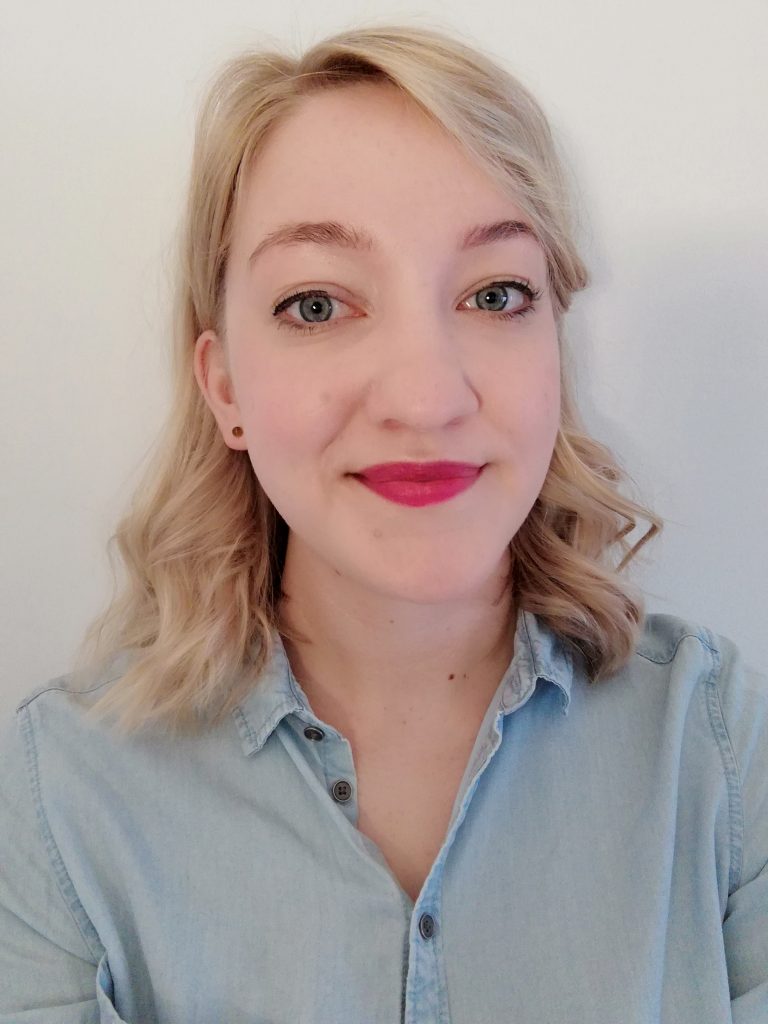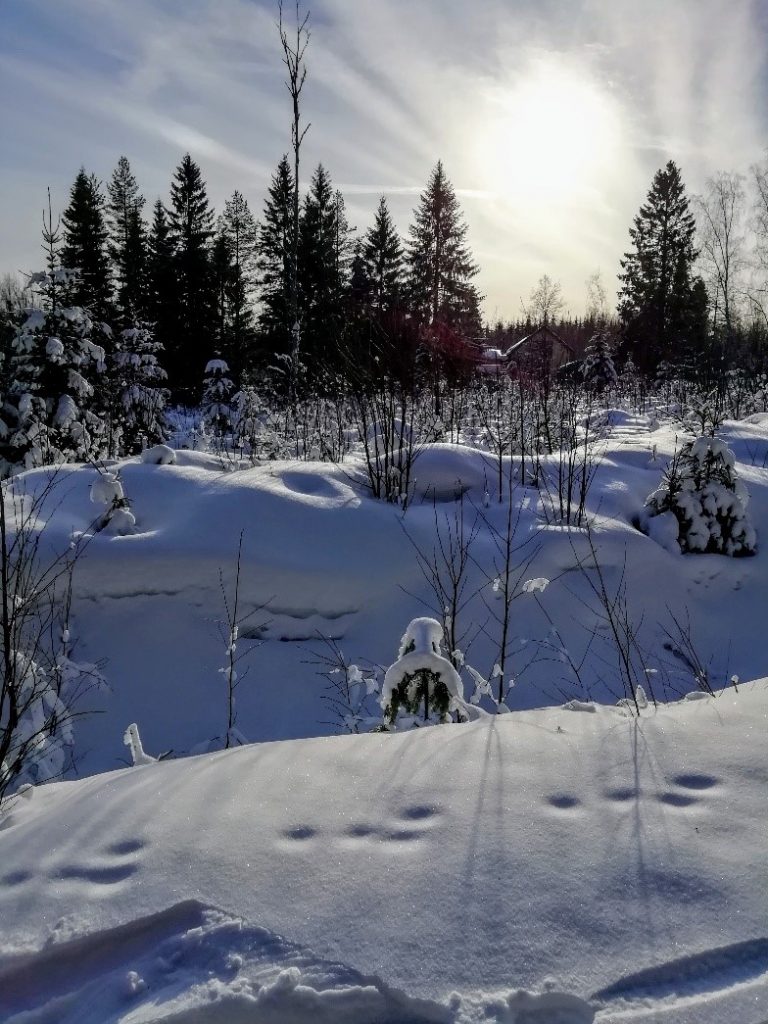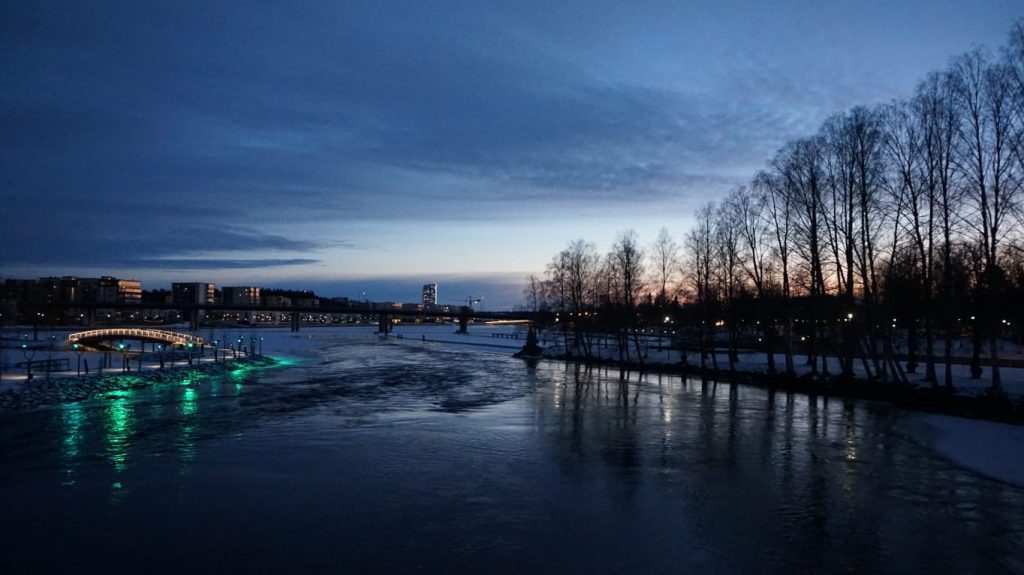
Recently, I visited Finland, and was able to attend an energy conference and speak in a lecture in the University of Eastern Finland (UEF).
The Energy Transitions 2020 conference was organized by UEF, UEF Law School and the Centre for Climate Change, Energy and Environmental Law (CCEEL) in Joensuu, Finland 27-28.2.2020. I was able to attend this conference thanks to MISTRAL-ITN and MSCA, and got to enjoy many interesting viewpoints into energy transitions.
The participants of the conference had to endure some travel disruptions and problems due to ground maintenance workers strike at Helsinki-Vantaa airport. Due to the strikes, many flights were cancelled and late, and the baggage of many got delayed. This caused some of them to have no coat in Finnish -16 Celsius weather and just the clothes on their back! Many of the participants earned my admiration in how this did not stop them from participating in the conference.

Their endurance was not the only reason for my admiration. It was fascinating to hear about their research interests, such as different descriptions used in law and legislation for just transition, prosumers and vulnerable citizens and the role of the public in the low carbon transition. These topics were part of for example Viola Cappelli’s, Louis Sandiford’s and Romain Mauger’s talks. These topics piqued my interest, because names, concepts and definitions used can give light to underlying power dynamics. One of the key speaker’s, Benjamin Sovacool’s, speech was also of major interest to me. He talked about the acceleration of the low-carbon transition, temporality and previous energy transitions, and how the transition to low carbon economy requires interdisciplinary collaboration. I could not agree more on the need for interdisciplinarity, which is a central principle of MISTRAL.
The conference overall was a really pleasant experience, and the way the panel sessions were organized was especially successful in my opinion. Most of the conference consisted of panel sessions, and the sessions were ongoing simultaneously in multiple locations in small group sessions. The sessions where thematic, and the organization of the sessions into small groups made genuine discussions on the topics possible. I found out that this less formal way to organize conferences can be more useful to both participants and presenters themselves, even if less people get to hear the talks. I would love to see these kinds of panel sessions more often, as I felt like I was more engaged with the topics and speakers.
In addition to attending the conference, I also talked about research career to social sciences students in a lecture at UEF. As an UEF alumni, I was happy to return to the university to share my experiences after having finished my master’s degree only a year ago. I told the students about my experience so far in MISTRAL-ITN and of PhD studies at Queen’s University Belfast, highlighting how passion for research is in my opinion the most important requirement and driving force for being a researcher and enjoying it. That point in mind, my goal for the talk was to show the students an example of a researcher who is enthusiastic about her work.


Comments have been closed/disabled for this content.